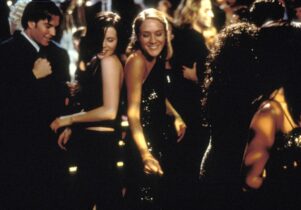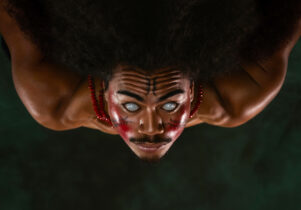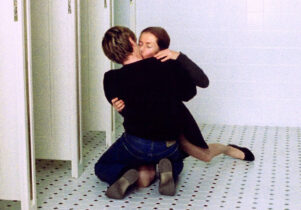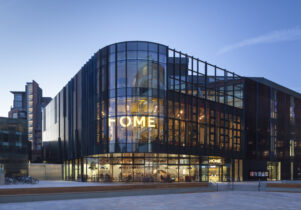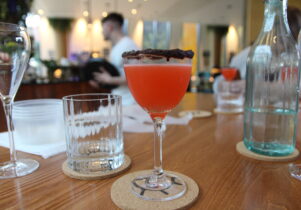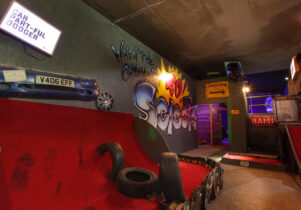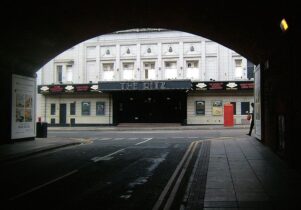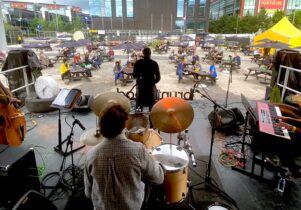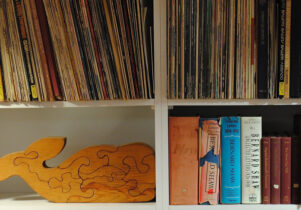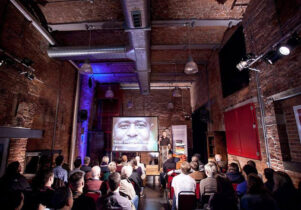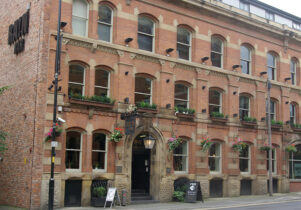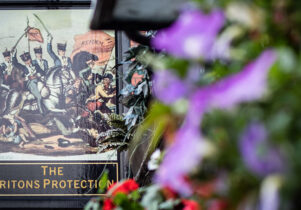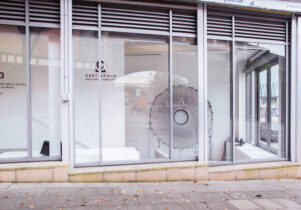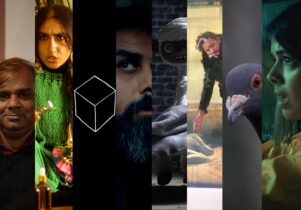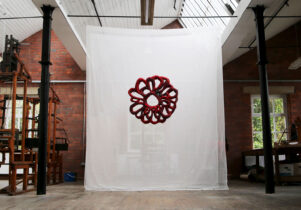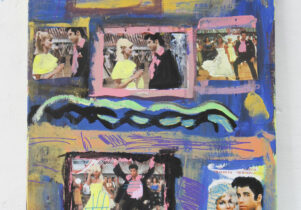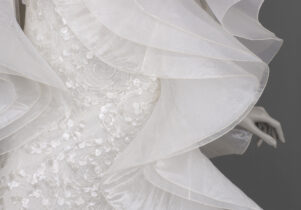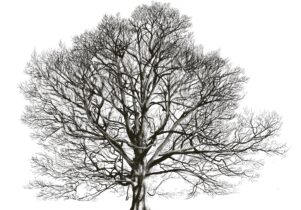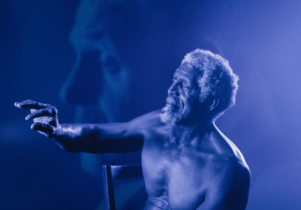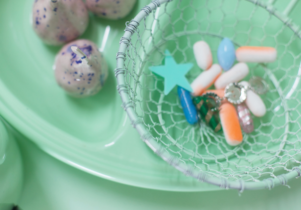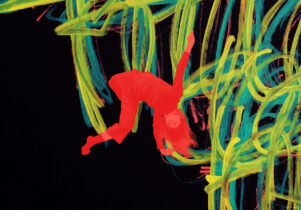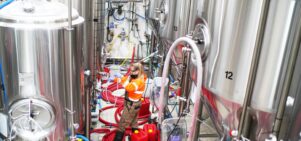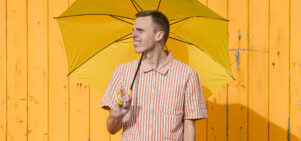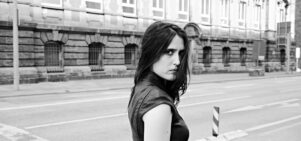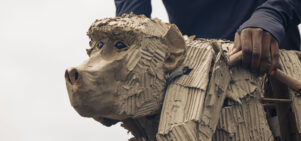The Return of Memory at HOME
Sara Jaspan, Exhibitions EditorVisit now
The Return of Memory
Always double check opening hours with the venue before making a special visit.
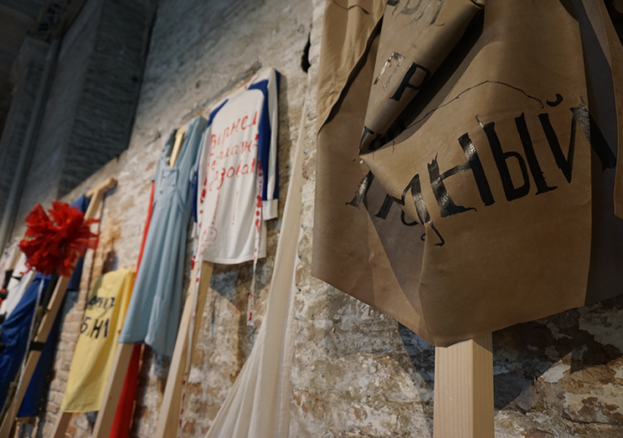
Revolutions are born out of a combined spirit of desperation and hope: the dream of a different, better tomorrow. Yet, as history has shown, while the prevailing conditions of a society may be overthrown, replacing them with the kind of alternative future that was envisioned is quite another matter.
Coinciding with the centenary of the Russian Revolution, HOME’s major group exhibition, The Return of Memory, seeks to re-examine the legacy of “perhaps the most defining, yet neglected moment(s) of the 20th century” (Sarah Perks, Artistic Director: Visual Arts, HOME) through the lens of the ‘new East’ today. As implied by the rather thought-provoking title, the curatorial approach offers far from a nostalgic look back. Instead, the show explores how contemporary artists are re-activating and repurposing key emblems and stories from Russia’s past, as a means of commenting on the conditions of the present. After all, following three centuries of imperialist rule, proceeded by a fourth of revolution, dictatorship and the wild throws of turbo-capitalism; where has the country arrived at? A new form of nationalism under President Putin, in which political, social or cultural dissidence is little tolerated and continues to be forced underground.
Among the show’s highlights, Ruslan Rashkevich’s video installation Victory Over the Sun, reassesses the politics of the controversial Futuristic opera first organised by Kazimir Malevich and fellow avant-garde artists in 1913. A new commission by Callum Cooper examines food security – transplanting seeds from the world’s first seed bank in St. Petersburg’s Vavilov Research Institute to Manchester, where they will be grown in local allotments and with a food computer at HOME. And, as a seeming follow on from HOME’s 2013 exhibition What Do You Do With Your Revolution Once You’ve Got It, curators Declan Clarke and Sarah Perks ask exactly who is betrayed by revolution?
Not only does the show feel timely both in terms of our current turbulent political landscape, and in coinciding with the Russian Revolution’s centenary year. But it also seems geographically-fitting; Manchester being the city where Friedrich Engels lived and worked, where Karl Marx visited, and where, often at Chetham’s Library, they worked and talked together, drawing on their observations of the conditions of local factory workers to inform their political thoughts and ideas. This link is marked – or re-activated – by Phil Collins (one of the artists within the exhibition), whose Ceremony commission for MIF 2017 sees the return of Engels to Manchester in statue form.
Altogether, The Return of Memory promises to engage visitors with a series of pressing questions around the role, retelling and repurposing of history; its suppression and appropriation, and enduring presence. Conceived of as part of a wider season of art, film and theatre entitled A Revolution Betrayed, the forthcoming months promise to provide an interesting look both to the future and past at HOME.
